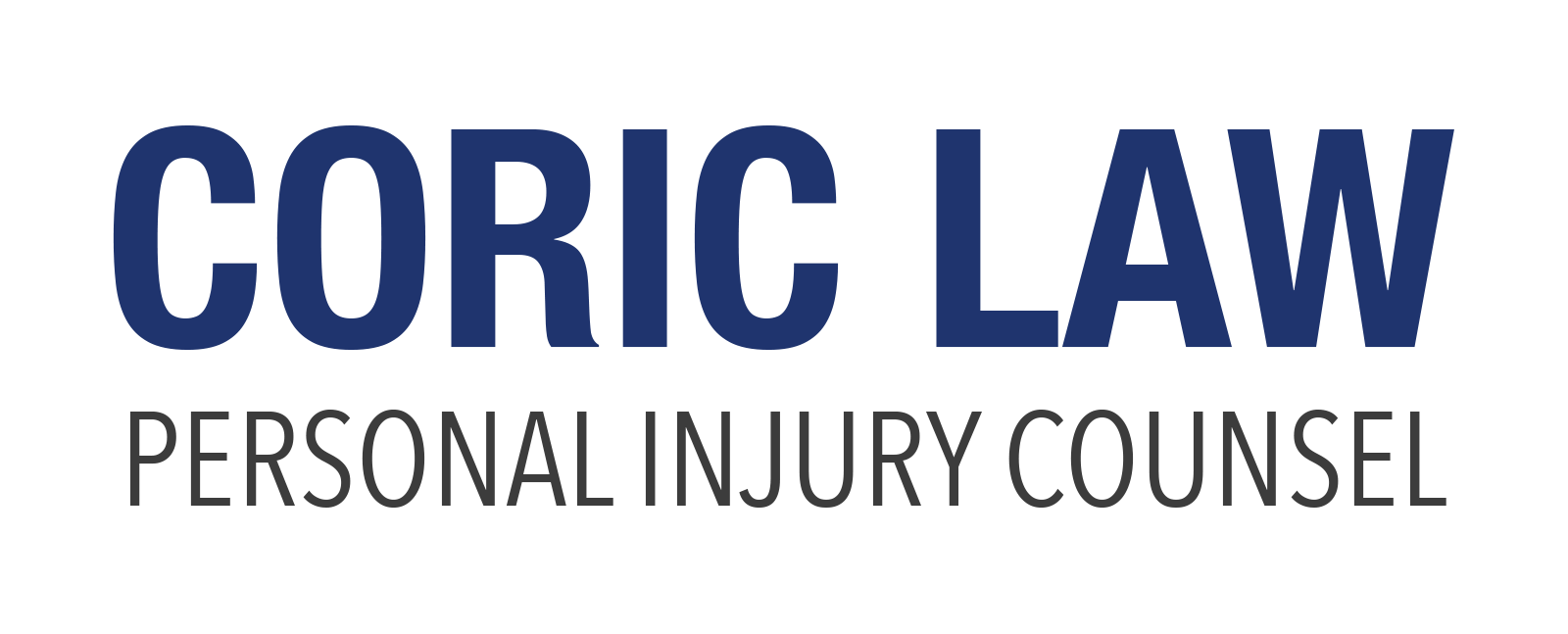In some of my other blogs, I have emphasized the importance of not settling an ICBC claim without first speaking to a lawyer. I have done this for a few reasons. One, an experienced personal injury lawyer will have a good idea of the value of your claim. They will be in a good position to determine whether ICBC’s settlement offer is reasonable. Two, Settlement Offers are formal legal agreements that can be more or less complicated depending on the degree of injury and the compensation offered. Because agreeing to settlement affects your legal rights (in exchange for accepting the agreement, you give up any further right to sue for damages) you should obtain legal advice about the practicality of signing such an agreement.
This article addresses the third reason you should not accept a Settlement Offer without first seeking a variety of medical opinions and speaking with a personal injury lawyer.
Serious injuries are easy to see and the pain arising from them is obvious. Less serious injuries are more difficult to physically identify. Both types of injuries can cause you pain and suffering. The level of pain and suffering you experience is unique to you. More importantly, there is no way of knowing the intensity and duration of the pain you will experience from your injuries. For example, someone who has the same type of injury may experience fewer symptoms and less pain than you.
Furthermore, most people are confident and optimistic about their recovery time. Many times these feelings are bolstered by doctors, who take a conservative approach to soft-tissue injuries in particular and claim that you will recover in a matter of months. Comforted by this confirmation of speedy recovery, you uncritically receive ICBC’s Settlement Offer.
Within two years of your accident, you must file a legal action if you decide to sue. In the interim, ICBC will likely propose a Settlement Offer. In terms of timing, the true extent of your injuries may not be apparent until after the two year limit.
The decision to settle or not settle, however, is more complicated than just obtaining maximum recovery. If you decide not to settle and you pursue litigation but the award you receive is less than the formal Settlement Offer tendered by ICBC, you will have to pay ICBC’s costs. The combination of legal issues and conflicting medical reports regarding your recovery further complicate the decision of whether or not to settle. A BC personal injury lawyer can help you make the best decision for you.
Mike Coric is a personal injury lawyer who has represented victims of motor vehicle accidents throughout British Columbia for over 15 years. Mike has appeared at every level of Court in British Columbia and conducted trials before a judge and a jury. He acts only for plaintiffs and restricts his practice to BC car accidents and other personal injury circumstances. If you or someone you know has been injured and would like to speak with a lawyer, please call Mike at 604-736-3333.
Follow Coric Law on Instagram at coric.law and on other social media platforms!

